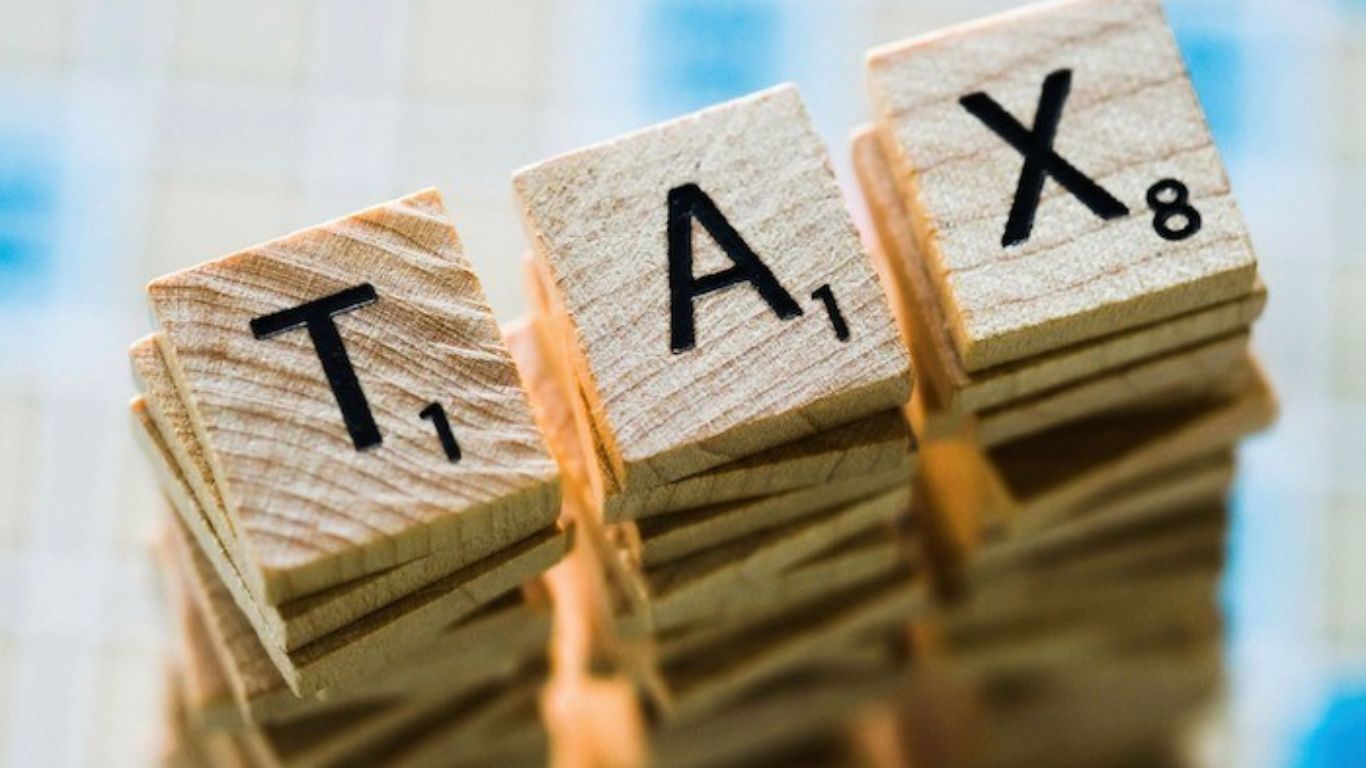BUSINESS

VAT SHOCKERS: LAGOS TOPS AT N2.75 TRILLION WHILE IMO RAKES IN 1,613% OF ITS CONTRIBUTION
The Federal Inland Revenue Service (FIRS) has released the Value Added Tax (VAT) performance report for 2024, revealing a detailed breakdown of contributions and allocations across Nigeria’s 36 states. The figures highlight a striking disparity between VAT generated by states and the amounts they received, sparking fresh debates about revenue allocation fairness.
Lagos maintained its position as the VAT powerhouse, contributing a staggering N2.75 trillion—an impressive 55% of the nation’s total VAT pool. Despite this, Lagos only received N460.11 billion, representing just 16.74% of its contribution. Rivers State followed with N832.69 billion in VAT contributions, receiving N186.66 billion, or 22.4% in return.
Oyo State, the third-largest contributor at N272.41 billion, received a relatively higher share at 42.9% (N116.83 billion). Kano contributed N77.76 billion but received N117.19 billion, amounting to 150.7% of its generated VAT. Similarly, Delta received slightly more than its contribution, with N80.73 billion against a contribution of N73.39 billion (110%).
The most dramatic figures emerged in states like Imo, Cross River, and Kebbi. Imo generated just N4.38 billion but received an astonishing N70.70 billion—equivalent to 1,613% of its contribution. Cross River and Kebbi also far exceeded their VAT contributions, receiving 686.5% and 758.5%, respectively. These figures have reignited concerns over the fiscal imbalance between high-revenue states and those relying heavily on federal allocations.
Among other notable highlights, Enugu generated N15.39 billion and received N67.54 billion (438.7%), while Ondo contributed N13.80 billion and received N68.57 billion (496.8%). States like Kaduna, Sokoto, and Bauchi also benefited significantly, receiving allocations more than double or triple their contributions.
This disparity raises questions about the equity of the Federal Account Allocation Committee’s (FAAC) distribution formula. Proponents of fiscal federalism argue that high-earning states like Lagos and Rivers should retain a larger share of the revenues they generate, while others advocate for continued redistributive policies to bridge regional development gaps.
As the data sparks conversations across Nigeria, experts predict that the debate over VAT allocation and fiscal restructuring will remain central to the country’s economic discourse in 2025. The question remains: How can Nigeria balance fairness with development in its revenue-sharing framework?
Stay tuned as the conversation evolves, and share your thoughts on this trending topic. #VAT2024 #NigeriaEconomy #RevenueDebate
"This represents a significant development in our ongoing coverage of current events."— Editorial Board









